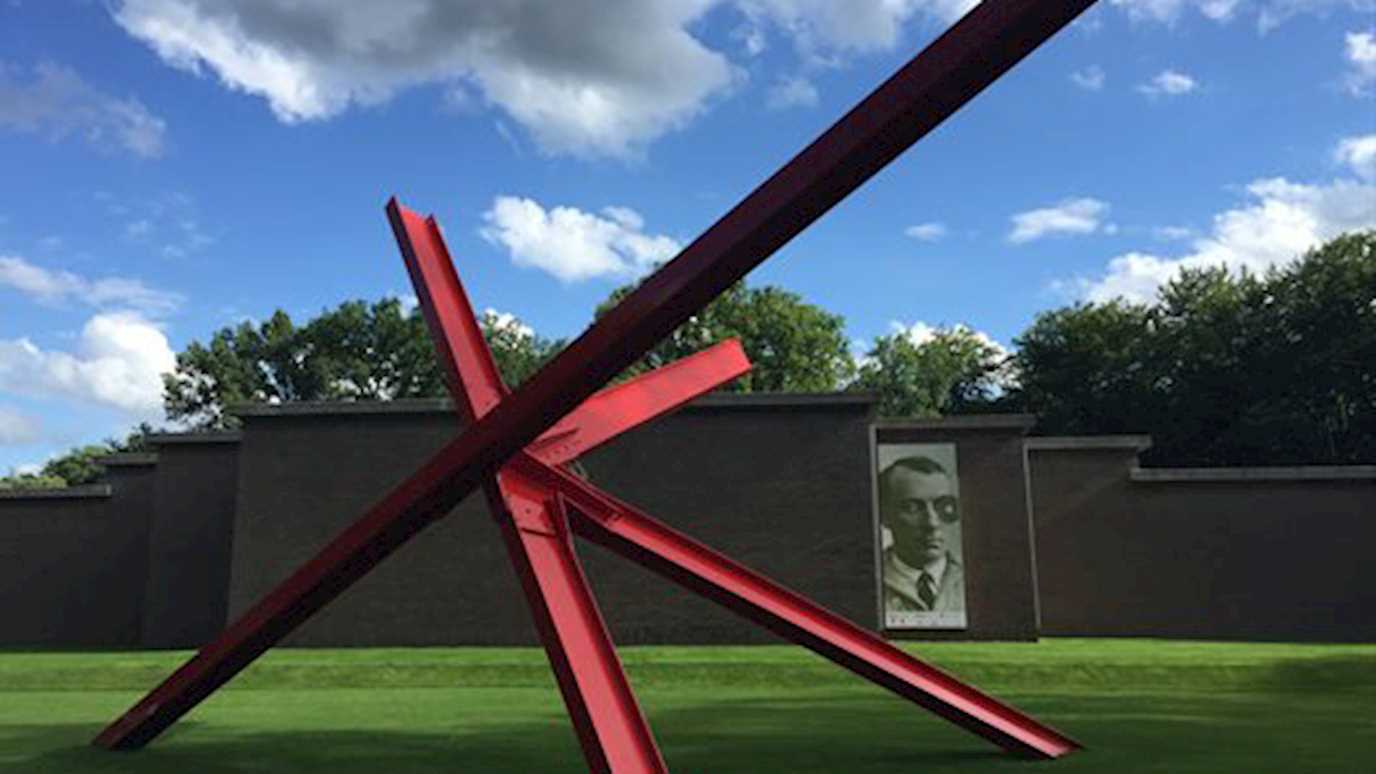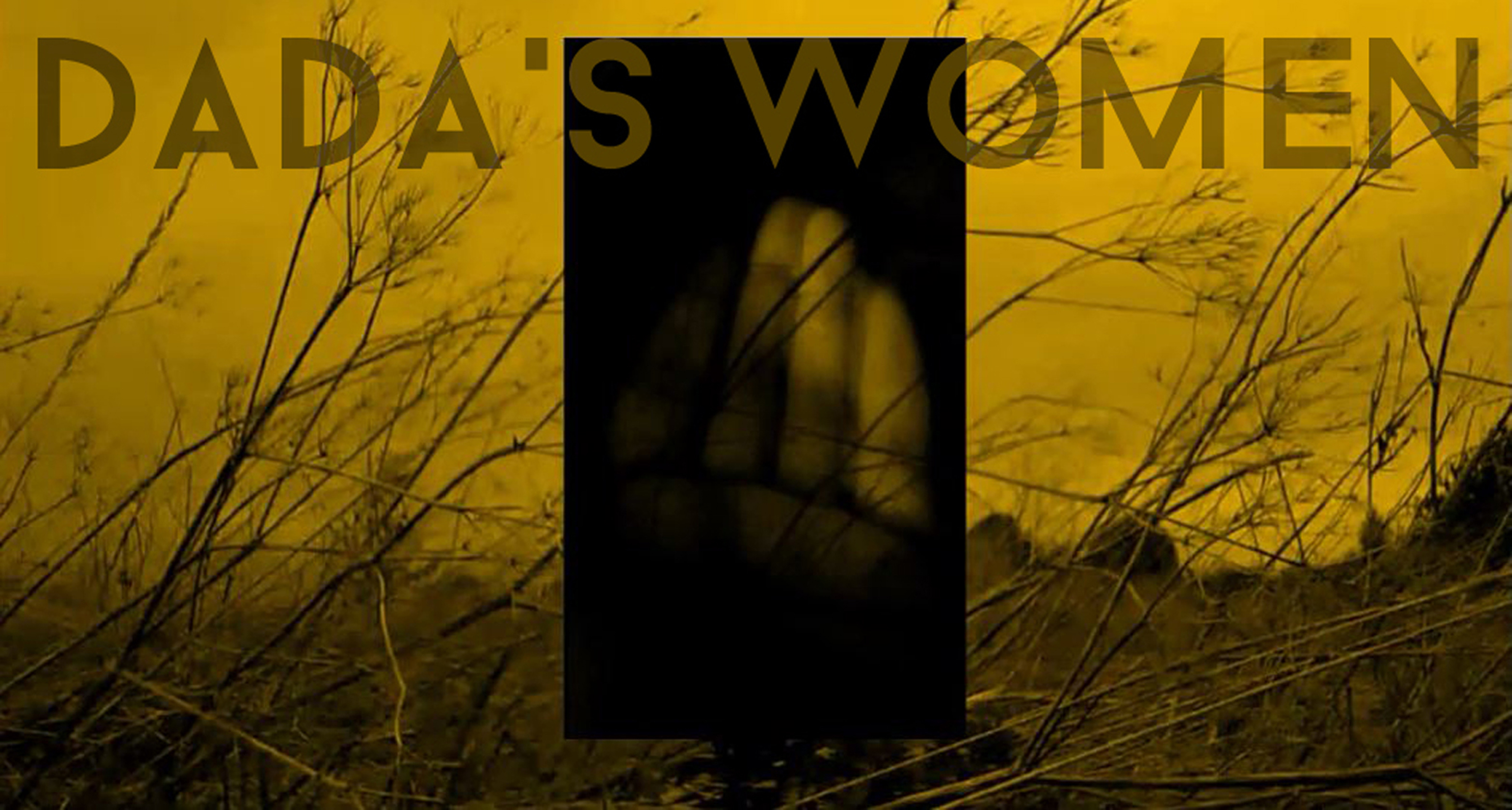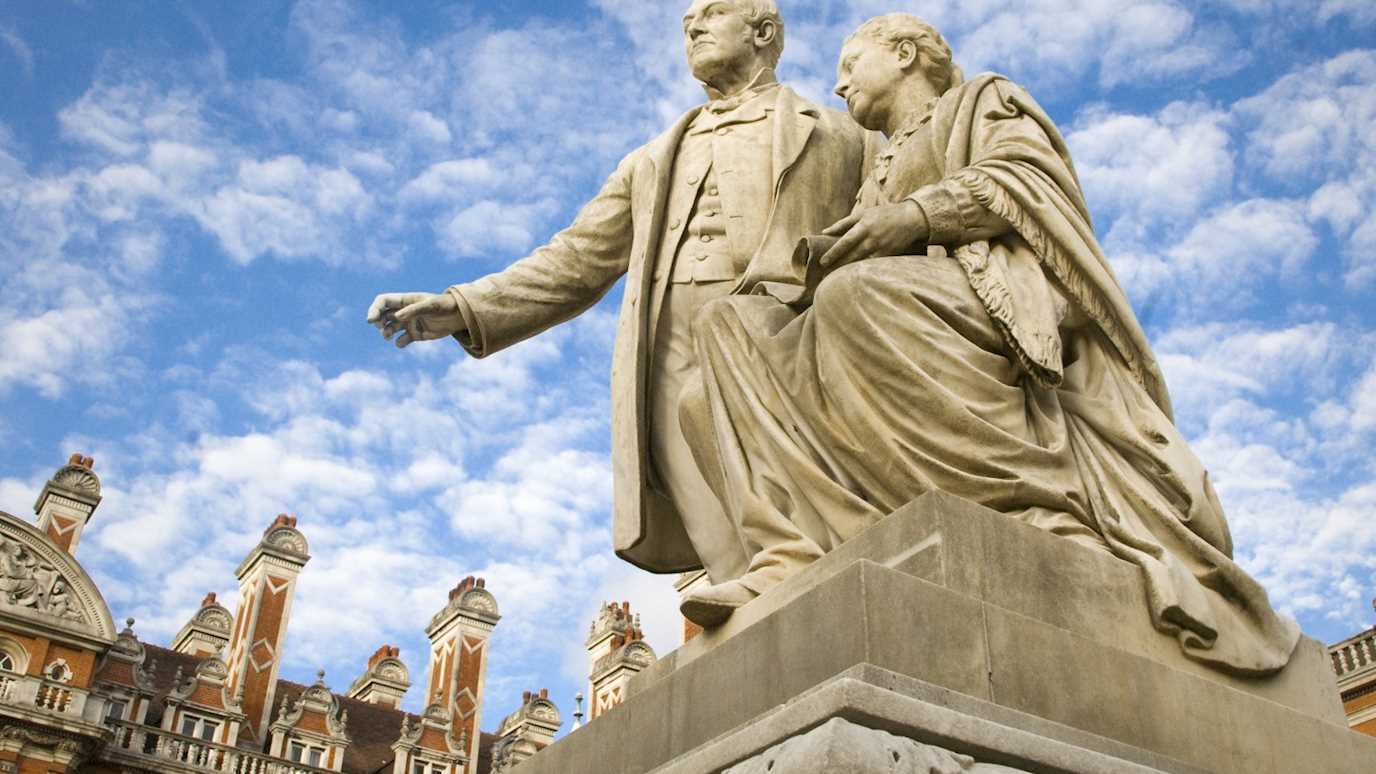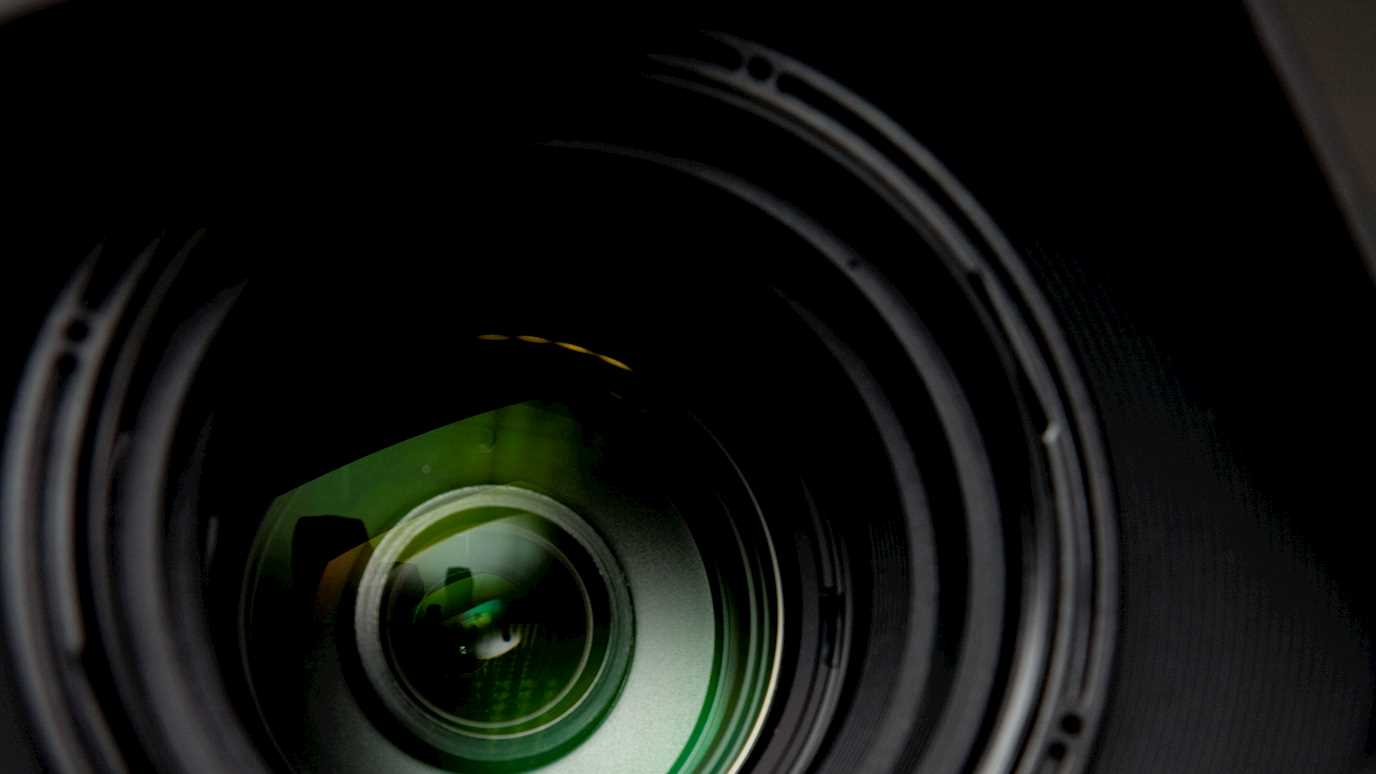Interdisciplinary, world-leading research
Academics in the Department of Languages, Literatures and Cultures are active researchers with international reputations, and their work forms the basis of the modules taken by our students. We have an interational reputation for research in areas including French, German, Hispanic Studies, Italian, Comparative Literature and World Literatures, and Film Studies.
Our research reflects both our language-specific interests and shared strengths across a range of specialisms:
- literature from the middle ages to the present;
- film, television and digital media studies;
- visual cultures;
- critical and cultural studies;
- philosophy and critical theory;
- gender and sexuality studies;
- colonial and postcolonial studies;
- historical and political studies.
In both our teaching and research cultures we aim to foster interdisciplinary and cross-disciplinary work, creativity, and co-operation.
We play a leading role in the Humanities and Arts Research Institute, which provides a platform for interdisciplinary initiatives and cross-institutional collaboration. In 2016 we founded the cross-disciplinary Centre for Visual Cultures, which reflects our research expertise in art, photography and film. The Centre provides an intellectual focus for staff and postgraduate students in the Department, and has been central to fostering an emerging specialism in research-led practice and curation, and a commitment to public engagement with the visual arts.
Our postgraduates play a vital and active role in our research culture, and our students participate in an annual Postgraduate Colloquium run by the School of Humanities.
Explore our Research
Research Excellence
Our world-leading research strengths were confirmed by the results of the nationally-conducted Research Excellence Framework (2021), which saw us ranked 5th in the country among Modern Languages departments for our overall research by Grade Point Average. We were also judged to have 100% of our research impact to be of either 3 or 4 star quality - meaning internationally excellent or world-leading respectively.
Strategic Aims
Our research strategy involves taking an innovative approach. We are an international department and, in line with Royal Holloway’s strategic research priorities, we aim to cultivate research that is responsive to the contemporary world, in Britain and beyond.
We support Royal Holloway's international aspirations. In line with Royal Holloway’s strategic research priorities, we aim to cultivate research that is responsive to the contemporary world, in Britain and beyond. This includes:
- a commitment to engaging with and enhancing social, economic and political agendas;
- encouraging a culture of social responsibility;
- developing digital and other innovative approaches to democratising cultural participation.
Our research will focus on the following as growth areas and as strategic priorities for our research:
- The facilitation of co-operative and participatory research in visual cultures;
- The continued development of comparative literature and world literatures;
- Facilitating regional impact through the encouragement of collaborative and outward-facing projects involving research-led practice and curation;
- Facilitating international impact through partnerships and projects that attend to global challenges such as sustainable development and disability;
- The cultivation of interdisciplinary and cross-disciplinary research.
Research Themes
We encourage conversations across disciplinary boundaries through key areas of shared interest in the Department. Many of our strengths lie in the following areas:
- Visual Cultures (including film studies, the history of art and the avant garde, digital humanities, curation and practice, popular culture);
- Gender, Sexuality and the Body;
- Literature from the Middle Ages to the Present, Critical Theory and Ethical Challenges in the 21st-Century;
- Transnationalism, Migration and the Postcolonial;
- Theory and Practice of Translation.
The conversations and collaborations around these themes respond, in different ways, to two of Royal Holloway’s four new institution-wide Research Catalysts (2021-24): ‘Digital futures in the Creative and Cultural industries’; and ‘Living Sustainably’, building on our emerging strengths in areas such as practice-based research and in areas such as environmental and medical humanities.
























